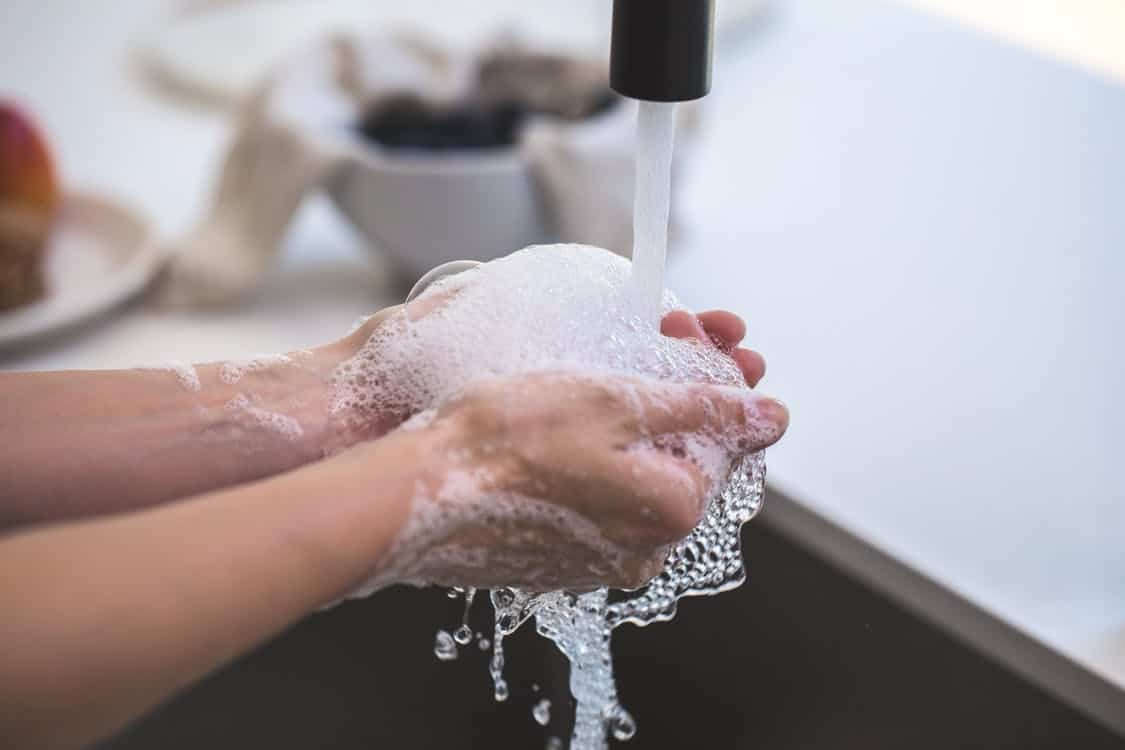The coronavirus pandemic led to a significant loss of life everywhere and presented a difficult challenge to food systems, economies, and, most importantly, public health. The social and economic side-effects of the pandemic were devastating as hundreds of thousands of people fell into poverty and the arms of death. Several organizations also faced an economical crisis. More than half of the world’s workforce lost their jobs. Along with that, healthcare and post-covid care are also important issues.
After getting infected with the coronavirus, most people form antibodies that keep them safe from a second infection. As to how long their immunity will last, there have been tons of cases where people contracted the coronavirus again. Moreover, people who have a higher risk of contracting covid-19 are usually adults or those who don’t take good care of their health. The standards laws of post-pandemic care suggest that everyone should wash their hands, cover their face with a facemask, and practice social distancing. However, there are several other things you can do to maintain your health in a post-pandemic era. This ultimate post-pandemic health guide will help you be safe in such trying times.
- Consult A Primary Care Physician
No matter what anybody says, getting in touch with your primary care physician is the best option to stay healthy and covid-free, be it through telehealth or an in-person session. However, due to lockdown and other restrictions, telehealth seems to be a far better choice. During the covid-19 pandemic, telehealth bridged the gap between physicians, patients, and the health system in general. People can now communicate with their physician of choice through video chat, messages, or emails. Plus, after the relaxation in HIPPA regulation, patients can now choose from a plethora of physicians. Healthcare is now so much more accessible. And considering this trend, education options for these fields are available online too. There are healthcare specialists present who have undergone online DNP programs and are qualified to provide you with the best post-covid care advice.
- Take Good Rest
Most primary care physicians suggest that you stay isolated for a week after fully recovering from Covid-19, specially after studies found that the virus might still linger inside your body even after symptoms disappear. In case you have recovered from the virus, rest for a week to fully recover. A well-rested body will be able to heal quickly. Furthermore, get a good night’s sleep regularly, as ample amounts of sleep speed up the healing process even more. Try to stay away from your old lifestyle for a while. Too much anxiety, stress, and work will make you weak.
- Get Some Physical Activity
Exercising might not sound appealing, specially after recovering from covid-19. However, it is vital for a speedy recovery. Working out daily will improve your oxygen and blood circulation. Plus, it will help your body purge any toxins present inside it. Even if you were lucky enough not to get infected by the coronavirus, exercise will keep you fit and healthy and reduce your chances of catching the virus. Physical activity will also promote the release of endorphins, which are known to relieve stress and improve the mood, which are two things you direly need in a post-pandemic world.
- Eat A Healthy Diet
Food both speeds up and eases the path to good health, considering you make the right food choices. When you consume the right type and amount of food, you’ll be able to keep your health on a safe level. Ensure that your daily diet includes a healthy dose of protein-rich foods such as legumes, lentils, chicken, boiled eggs, or beef. Protein helps build muscle, improving your overall strength. That said, don’t stuff yourself. Instead, eat small portions to ease your stomach and improve digestion. Furthermore, don’t forget to increase your water intake.
- Regularly Check Your SpO2 (Blood Oxygen Saturation) Levels
Invest in a good quality oximeter and regularly monitor your blood oxygen saturation levels. Even if you contracted covid and have recently recovered from it, the virus might have damaged your lungs. Usually, your oxygen saturation levels must 98 or above. However, if it dips below 90 frequently, it is vital to visit your primary care physician. This brings us back to how health consultation is easily available online today, with the prevalence of online education. For example, a specialist who has gained knowledge and experience through a DNP program online will be the right person to check your SpO2 levels so that you know if you need to do anything about it.
Conclusion
Whether you were affected by the virus or not, taking care of your health is absolutely necessary, specially in this post-pandemic era. Post-pandemic maintenance is essential for your well-being, and you shouldn’t ignore it at any cost. So, if you feel your health levels are going low, consult a specialist asap!

